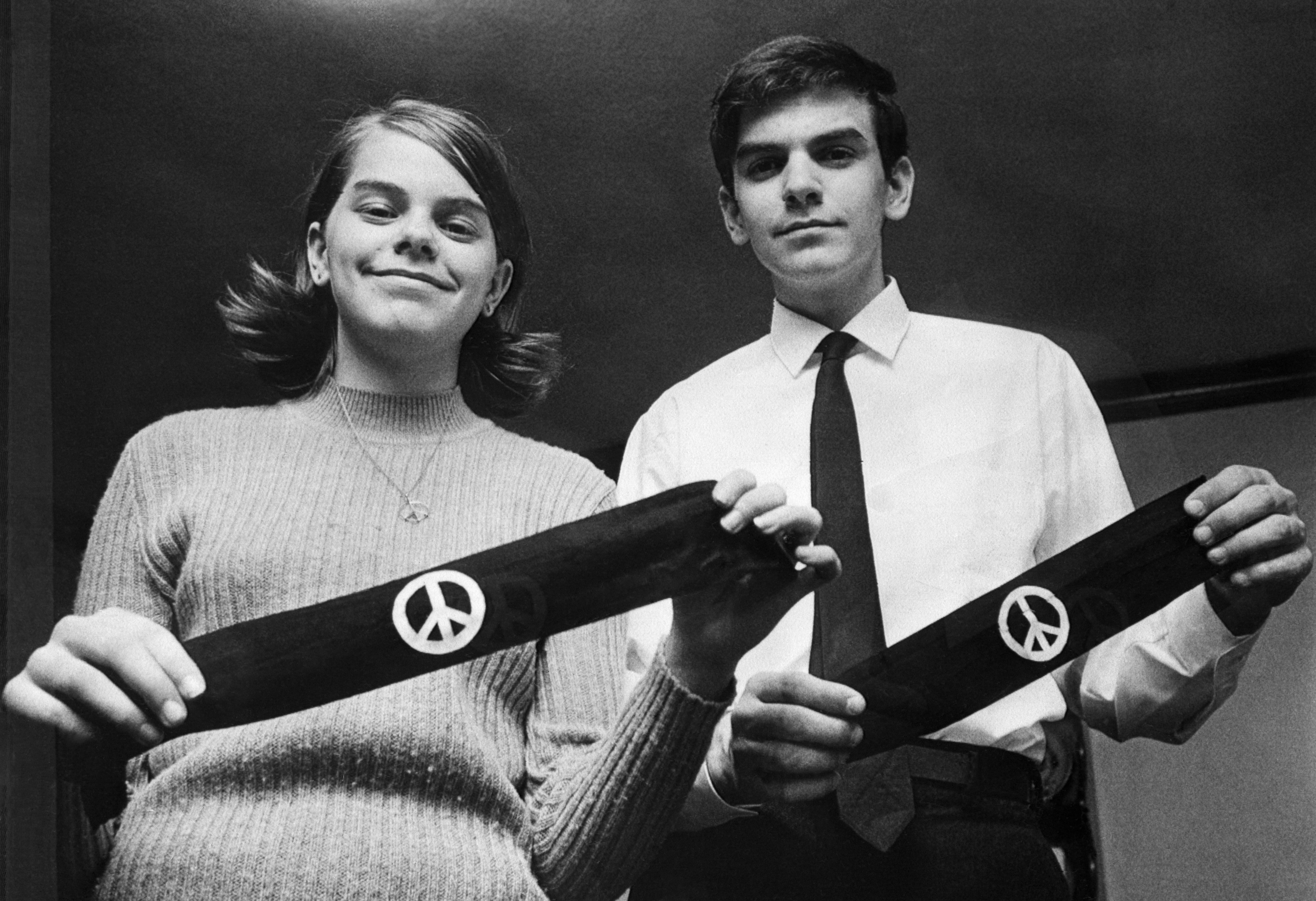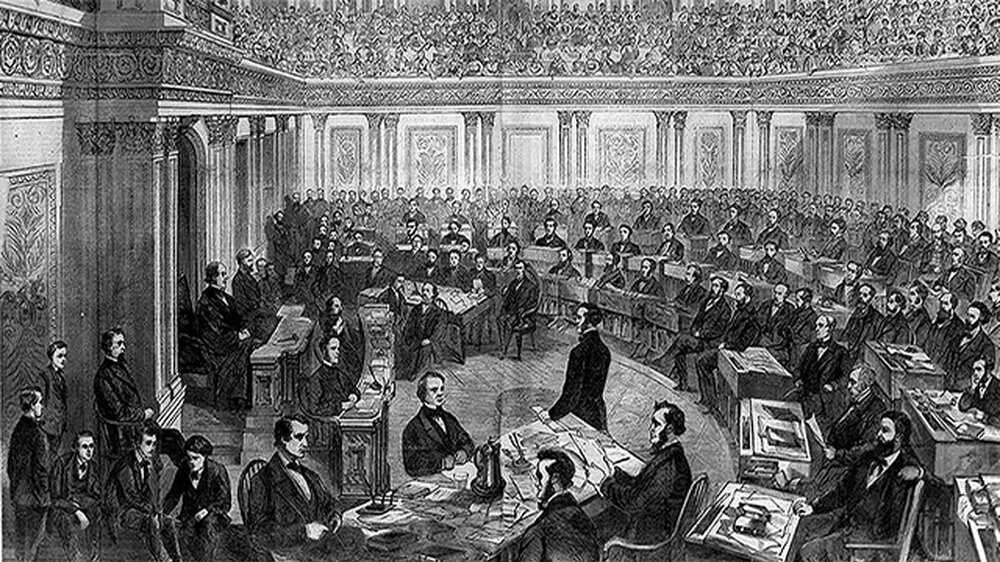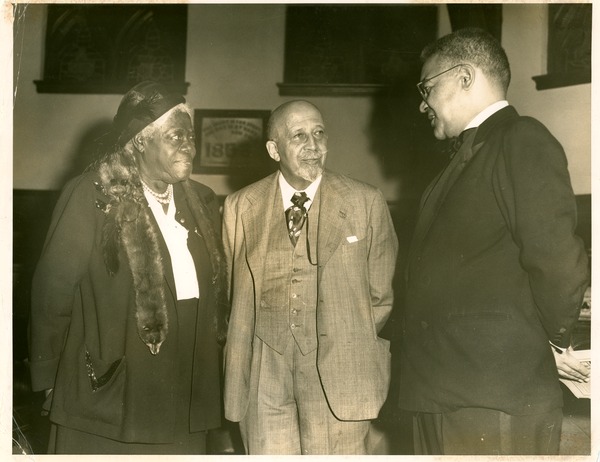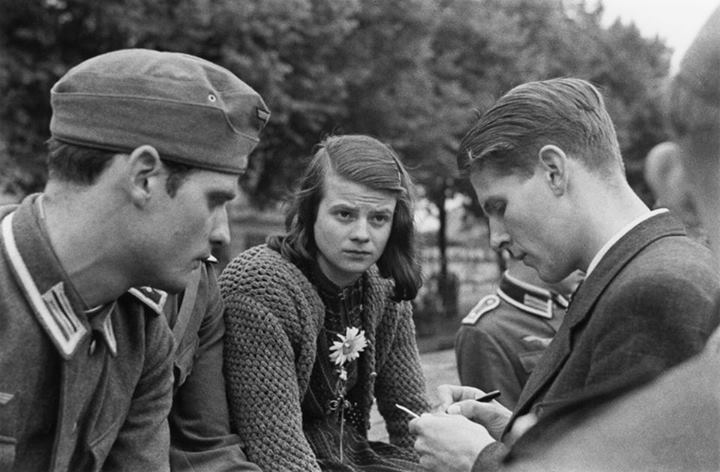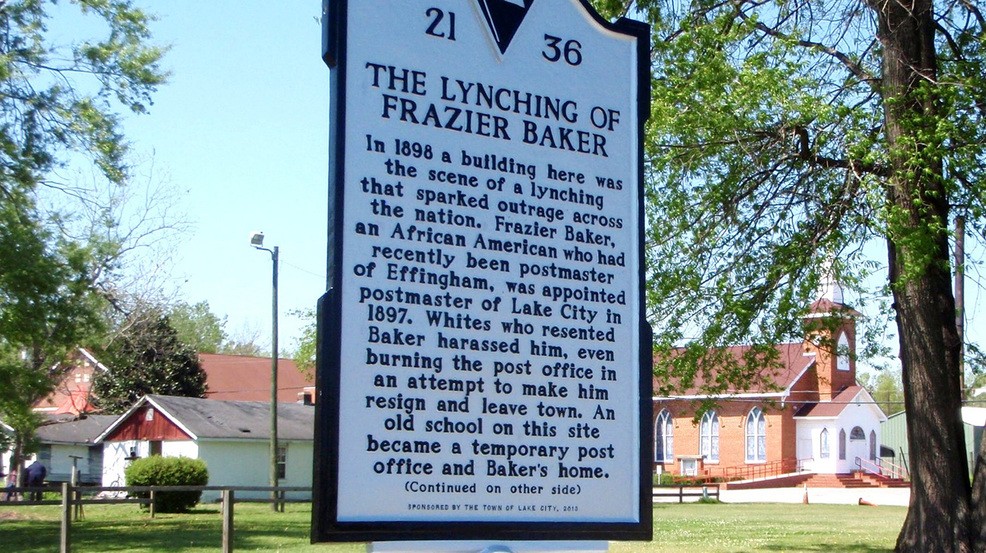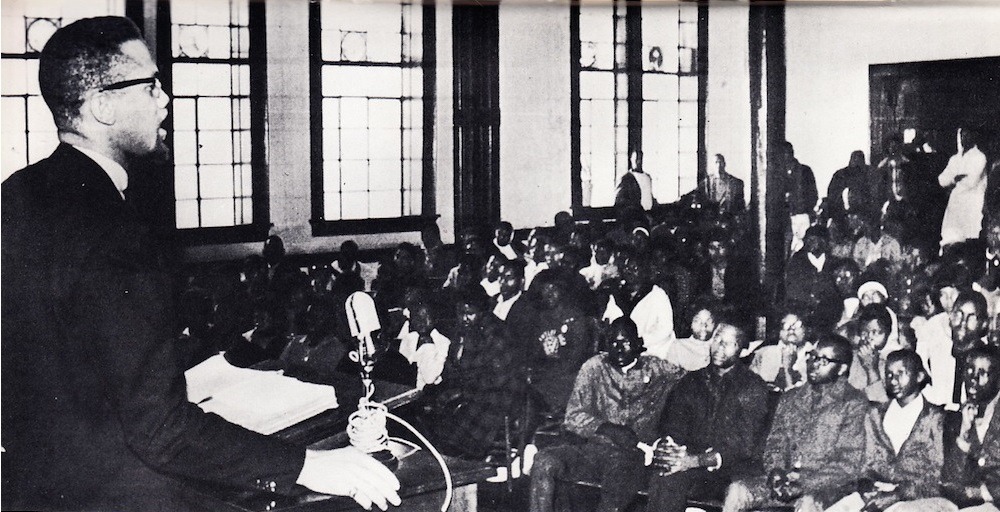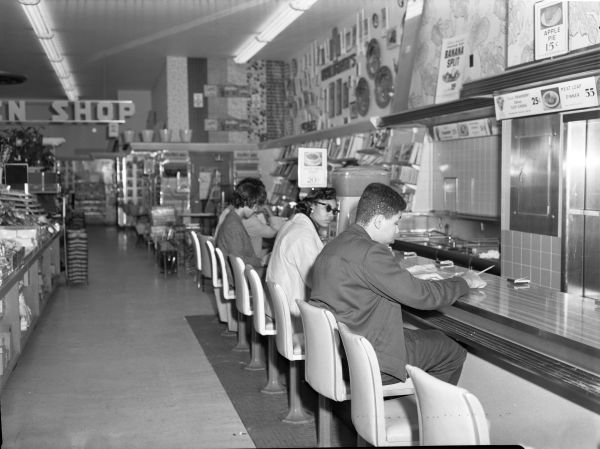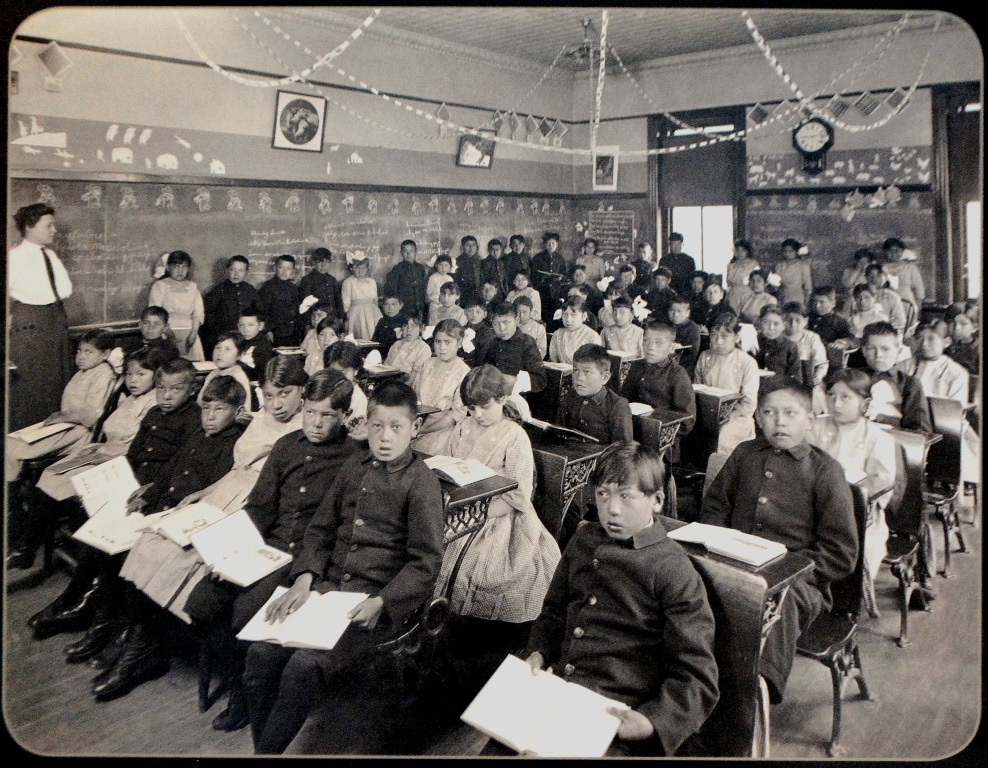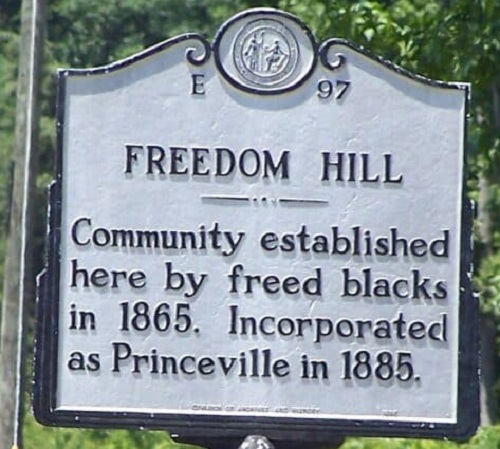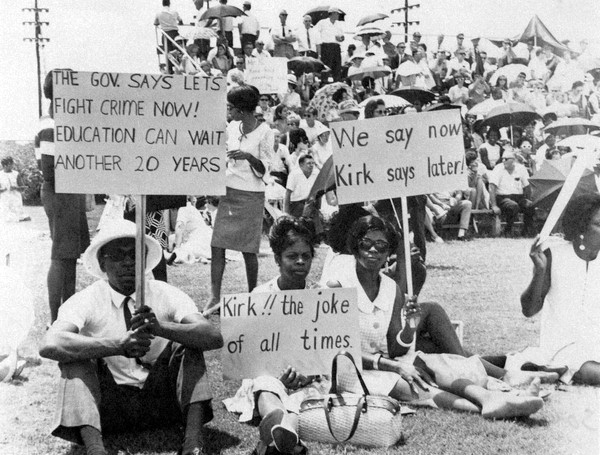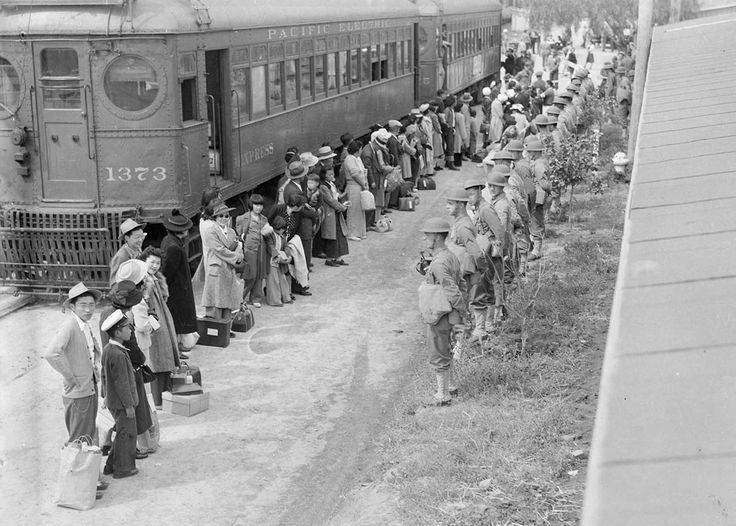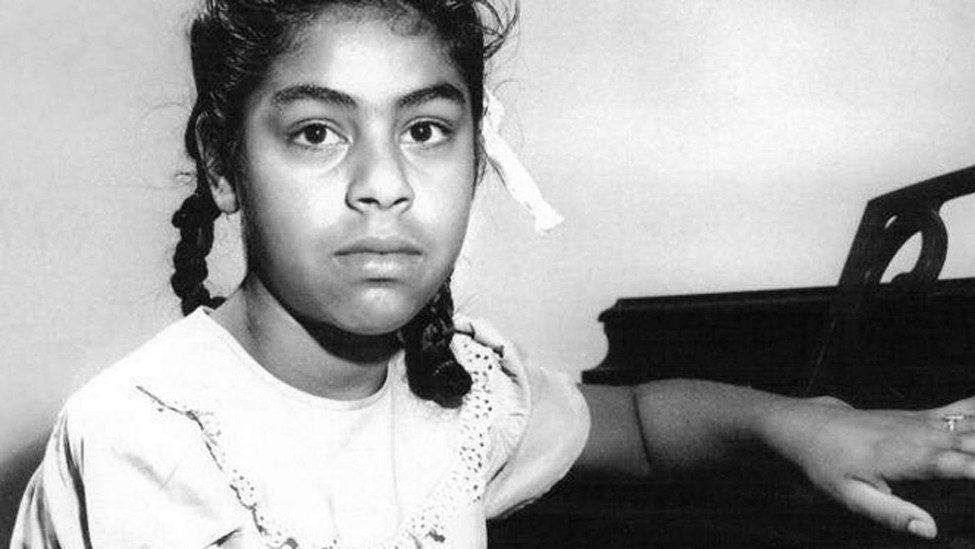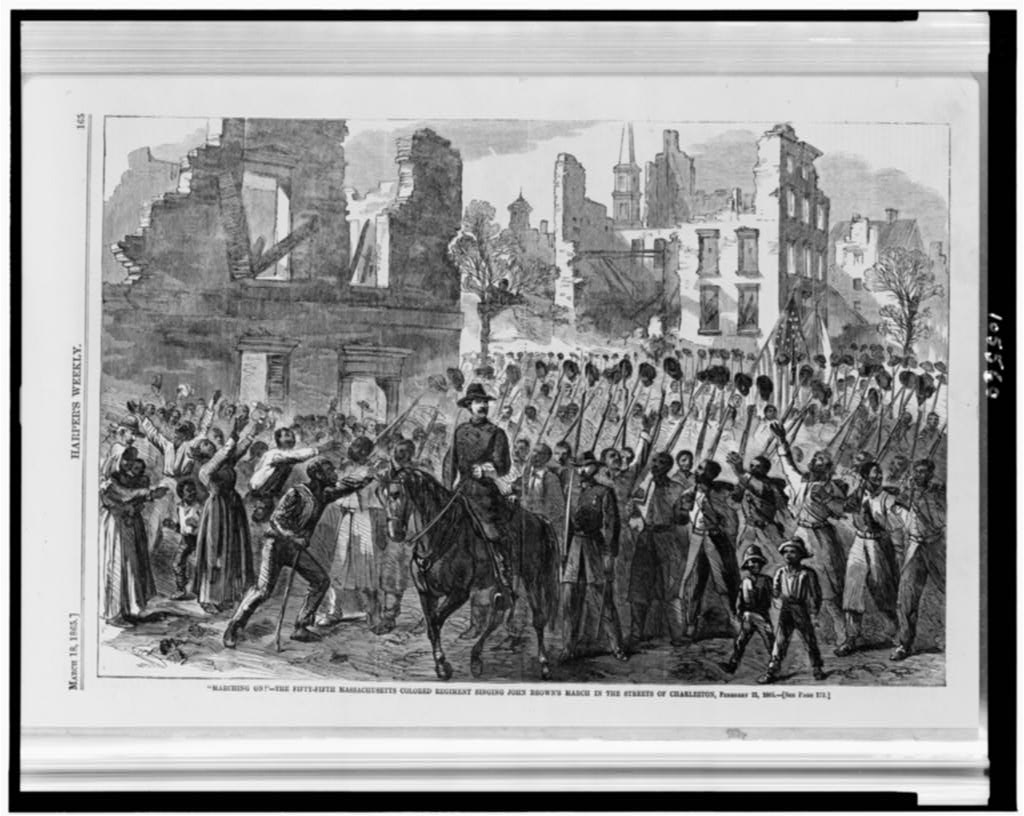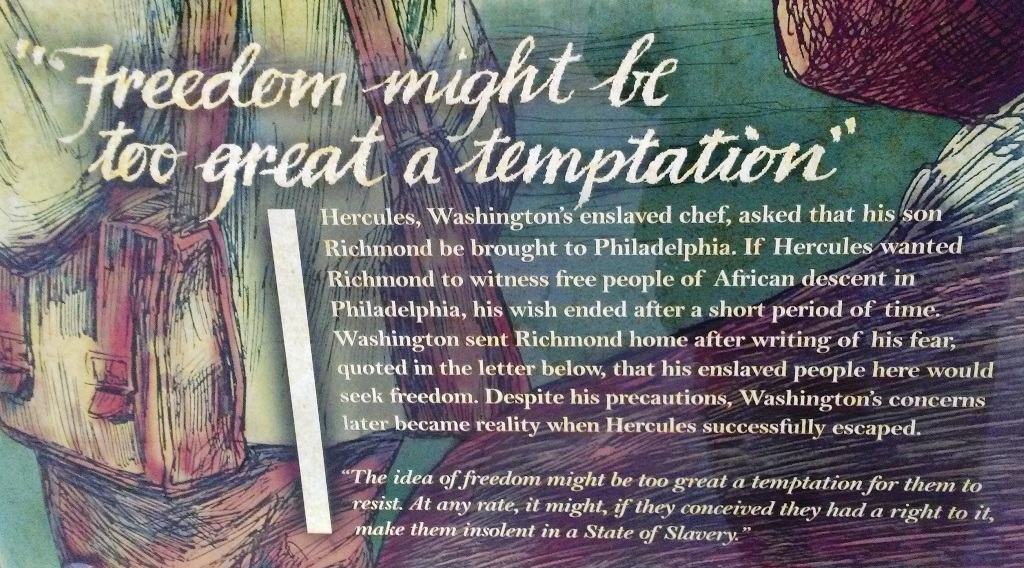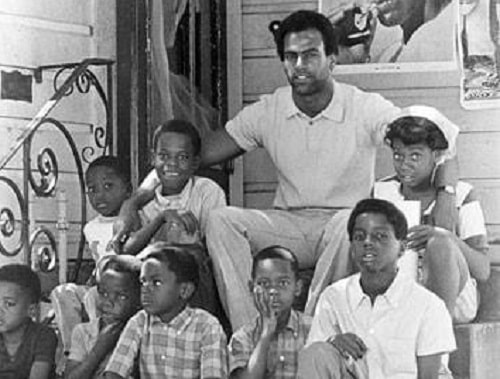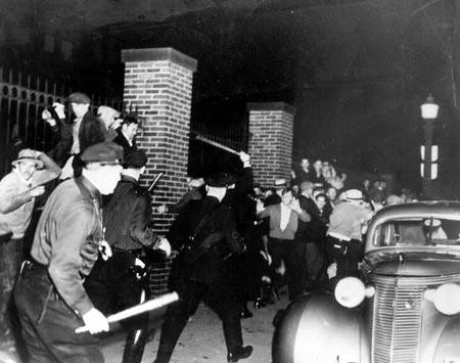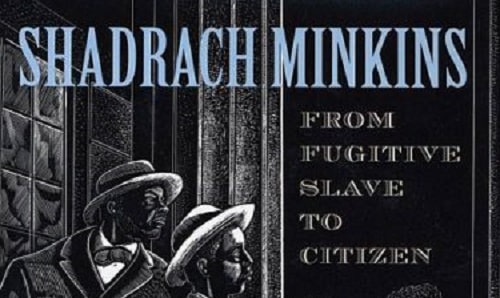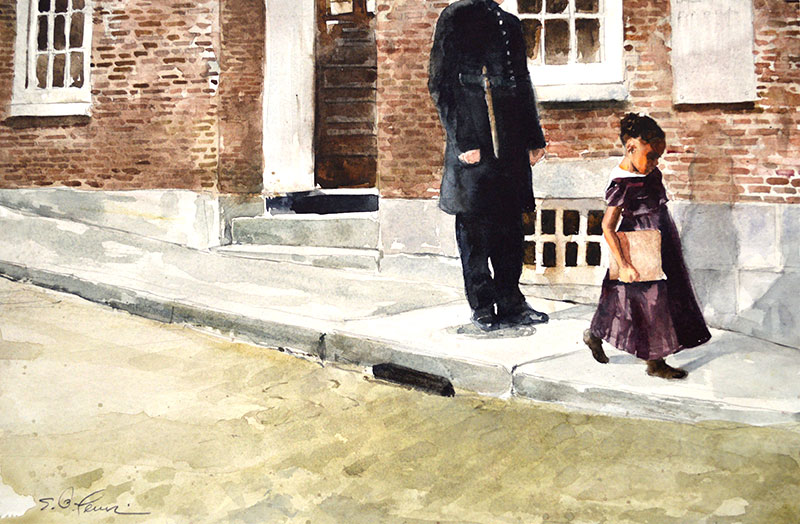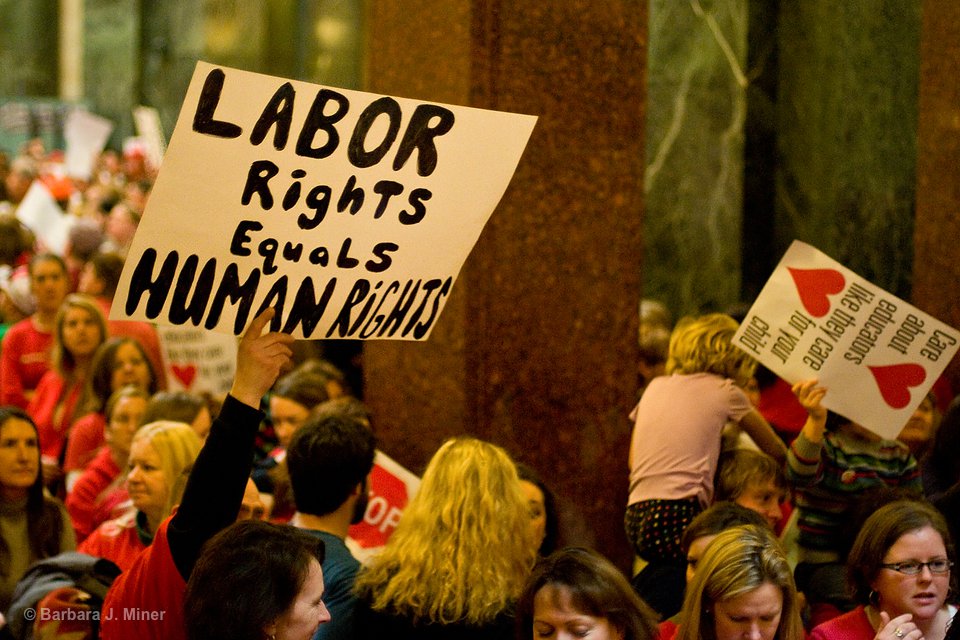The Supreme Court ruled 7-2 in Tinker v. Des Moines that students do not “shed their constitutional rights to freedom of speech or expression at the schoolhouse gate.”
Continue reading
President Andrew Johnson was impeached by the House of Representatives.
Continue reading
W. E. B. Du Bois, sociologist, historian, Pan-Africanist, author, and editor, was one of the most important scholars of the 20th century.
Continue reading
Sam Lovejoy slipped onto the Montague Plains and sabotaged the 500-foot weather tower Northeast Utilities had erected to test wind direction at the site.
Continue reading
Student activists Sophie Scholl, Hans Scholl, and Christoph Probst were executed for urging students to rise up and overthrow the Nazi government.
Continue reading
Frazier Baker, first Black postmaster in South Carolina, and his baby daughter were shot and killed when they attempted to flee their burning home.
Continue reading
El-Hajj Malik El-Shabazz (Malcolm X) was assassinated, just weeks after speaking in Selma.
Continue reading
Patricia Stephens Due refused to pay bail after being arrested for a sit-in in Florida.
Continue reading
The Indian Industrial School of Genoa, Nebraska, the fourth non-reservation boarding school, was established by the Office of Indian Affairs.
Continue reading
Princeville, North Carolina originated as a resettlement community for freed people and became the oldest incorporated city chartered by African Americans in the United States.
Continue reading
Teachers and administrators from the Florida Education Association (FEA) walked out in what is reported to be the first statewide teachers’ strike.
Continue reading
Executive Order 9066 issued by President Roosevelt authorized the incarceration (internment) of U.S. citizens of Japanese descent.
Continue reading
The courts ruled in favor of the Mendez family and their co-plaintiffs in California, finding segregated schools to be unconstitutional.
Continue reading
The Union Army moved into Charleston, South Carolina, the city where the Civil War had begun four years earlier.
Continue reading
Hercules, the head cook at George Washington’s Mount Vernon estate and slave labor camp, escaped to freedom in Pennsylvania.
Continue reading
Huey P. Newton was co-founder of the Black Panther Party for Self-Defense.
Continue reading
Rubber workers began a sit-down strike at Goodyear Tire and Rubber Co. in Akron, Ohio.
Continue reading
U.S. Marshals arrested Shadrach Minkins, who had escaped from slavery in Norfolk, Virginia.
Continue reading
Benjamin Roberts, African American, filed the first school desegregation suit after his daughter Sarah was barred from a public school because of her race in Boston, Massachusetts.
Continue reading
The Wisconsin Workers strike involved as many as 100,000 protesters opposing the 2011 Wisconsin Act 10.
Continue reading


